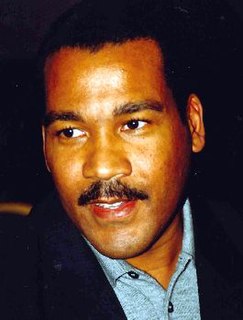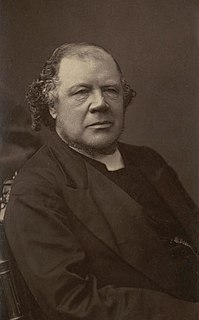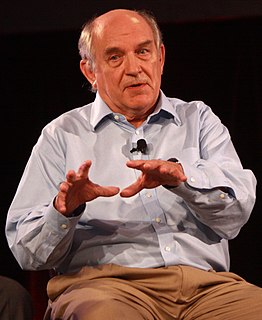A Quote by William Arthur Ward
The winner asks, "May I help?" The loser asks, "Do you expect me to do that?"
Related Quotes
The Winner is always part of the answer.
The Loser is always part of the problem.
The Winner always has a program.
The Loser always has an excuse.
The Winner says, "Let me do it for you."
The Loser says, "That's not my job."
The Winner sees an answer for every problem.
The Loser sees a problem for every answer.
The Winner sees a green near every sand trap
The Loser sees two or three sand traps near every green.
The Winner says, "It may be difficult but it's possible."
The Loser says, "It might be possible but it's too difficult."
Be a Winner.
Any more questions?" I ask, poking him gently in the ribs. "Do you still love me any?" Eliot asks, putting his hand over mine. "A little." "A little?" he asks, pulling away from me. "A lot." "How much?" he asks. "More than chocolate chip cookies." "Mmm" he says, kissing my shoulder. "More than walking on the beach." Eliot kisses me on the neck. "More than . . ." I pause, turning to look at him. "More than?" he asks, kissing my lips. I turn toward him. "Anything.
On some positions, cowardice asks the question, is it expedient? And then expedience comes along and asks the question, is it politic? Vanity asks the question, is it popular? Conscience asks the question, is it right? There comes a time when one must take the position that is neither safe nor politic nor popular, but he must do it because conscience tells him it is right.
And when your minister asks you for money for missionary purposes, tell him there are higher, and holier, and nobler missions to be performed at home. When he asks for colleges to educate ministers, tell him you must educate woman, that she may do away with the necessity of ministers, so that they may be able to go to some useful employment.





































